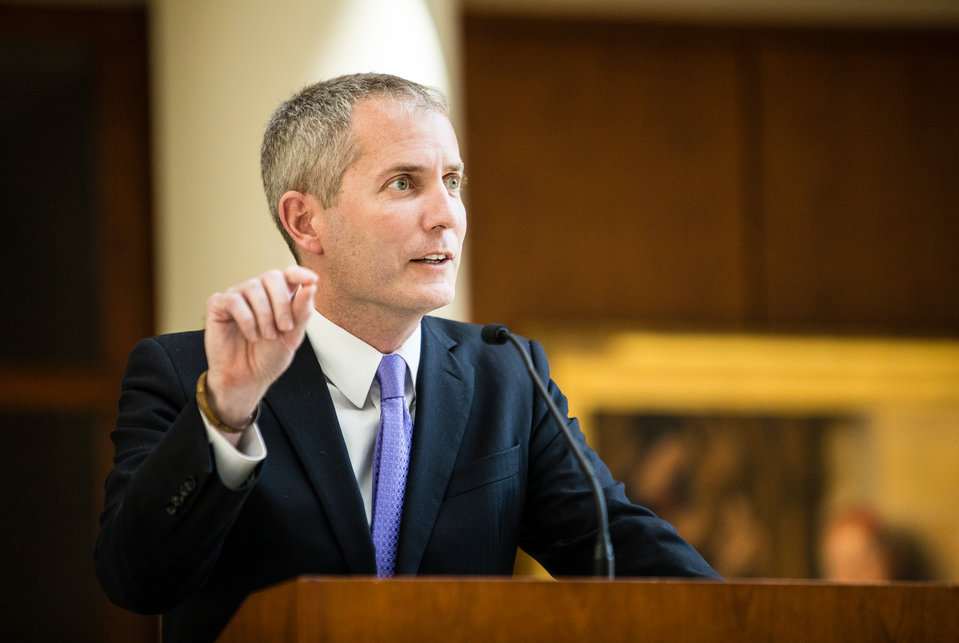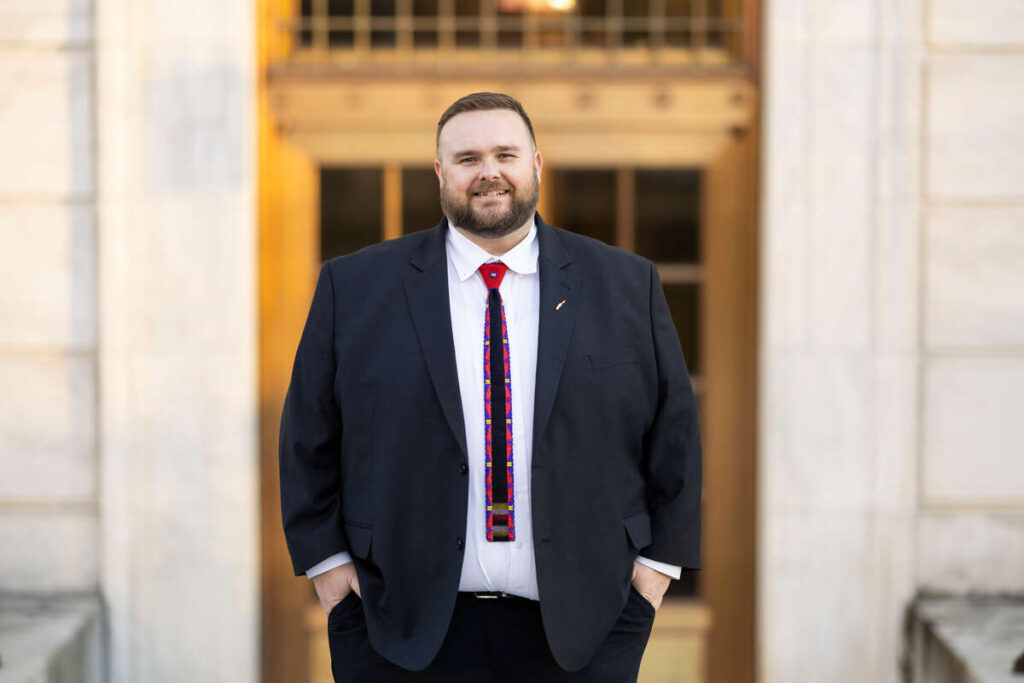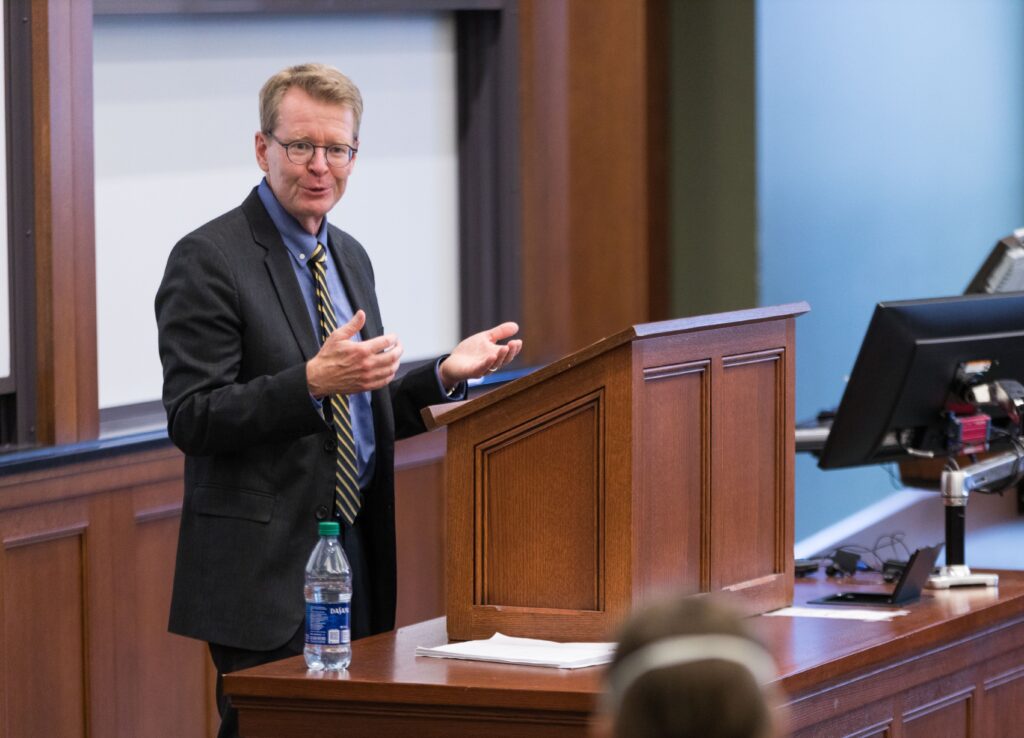At St. Thomas Law, we’re shaping the legal profession of tomorrow
When the School of Law opened its doors in 2001, our aim was not to replicate the status quo, but to help build a profession in which future generations of attorneys could flourish while utilizing their gifts to advance the common good. This goal may sound simple and straightforward, but our history as a profession gives rise to understandable skepticism. For example, the American Bar Association’s Commission on Women in the Profession recently released an important study documenting the difficult path that many women still experience in legal practice. Among the findings:
- In both law firms and in-house contexts, women reported lower pay than male colleagues of similar experience.
- Mothers were 79 percent less likely to be hired than an otherwise-identical candidate without children.
- One in eight white women, and one in 10 women of color, reported losing career opportunities because they rejected workplace sexual advances.
- Women reported higher loads of “office housework,” such as taking notes during meetings. White women reported shouldering these responsibilities at a level 21 percentage points higher than white men, and women of color at a level 18 percentage points higher than white men.
- Women reported that their commitment and competence were questioned after they had children. White women reported this happening at a level 36 percentage points higher than white men, and women of color reported this at a level 29 percentage points higher than white men.
- Women of color reported that they had been mistaken for administrative staff, court personnel or janitorial staff at a level 50 percentage points higher than white men; white women reported this bias at a level 44 percentage points higher than white men.
To be sure, women have made important inroads in the profession, but progress has been slow and difficult. In this issue of St. Thomas Lawyer, we profile women who are powerful reminders of what we are missing when we exclude female attorneys from full participation in our shared work. Trailblazers such as Judge Diana Murphy and Justice Kathleen Blatz – both former members of our Board of Governors – inspire today’s students and challenge us all to rethink what an inclusive profession could look like.
This issue is both a celebration of how far we’ve come and a sobering reminder of how far we have yet to travel. I am grateful for the St. Thomas Law community’s commitment to this journey.





